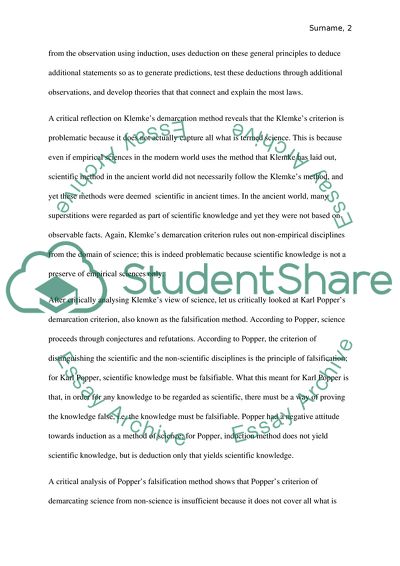Cite this document
(Philosophy of Science Essay Example | Topics and Well Written Essays - 2500 words - 1, n.d.)
Philosophy of Science Essay Example | Topics and Well Written Essays - 2500 words - 1. https://studentshare.org/philosophy/1873586-philosophy-of-science
Philosophy of Science Essay Example | Topics and Well Written Essays - 2500 words - 1. https://studentshare.org/philosophy/1873586-philosophy-of-science
(Philosophy of Science Essay Example | Topics and Well Written Essays - 2500 Words - 1)
Philosophy of Science Essay Example | Topics and Well Written Essays - 2500 Words - 1. https://studentshare.org/philosophy/1873586-philosophy-of-science.
Philosophy of Science Essay Example | Topics and Well Written Essays - 2500 Words - 1. https://studentshare.org/philosophy/1873586-philosophy-of-science.
“Philosophy of Science Essay Example | Topics and Well Written Essays - 2500 Words - 1”. https://studentshare.org/philosophy/1873586-philosophy-of-science.


